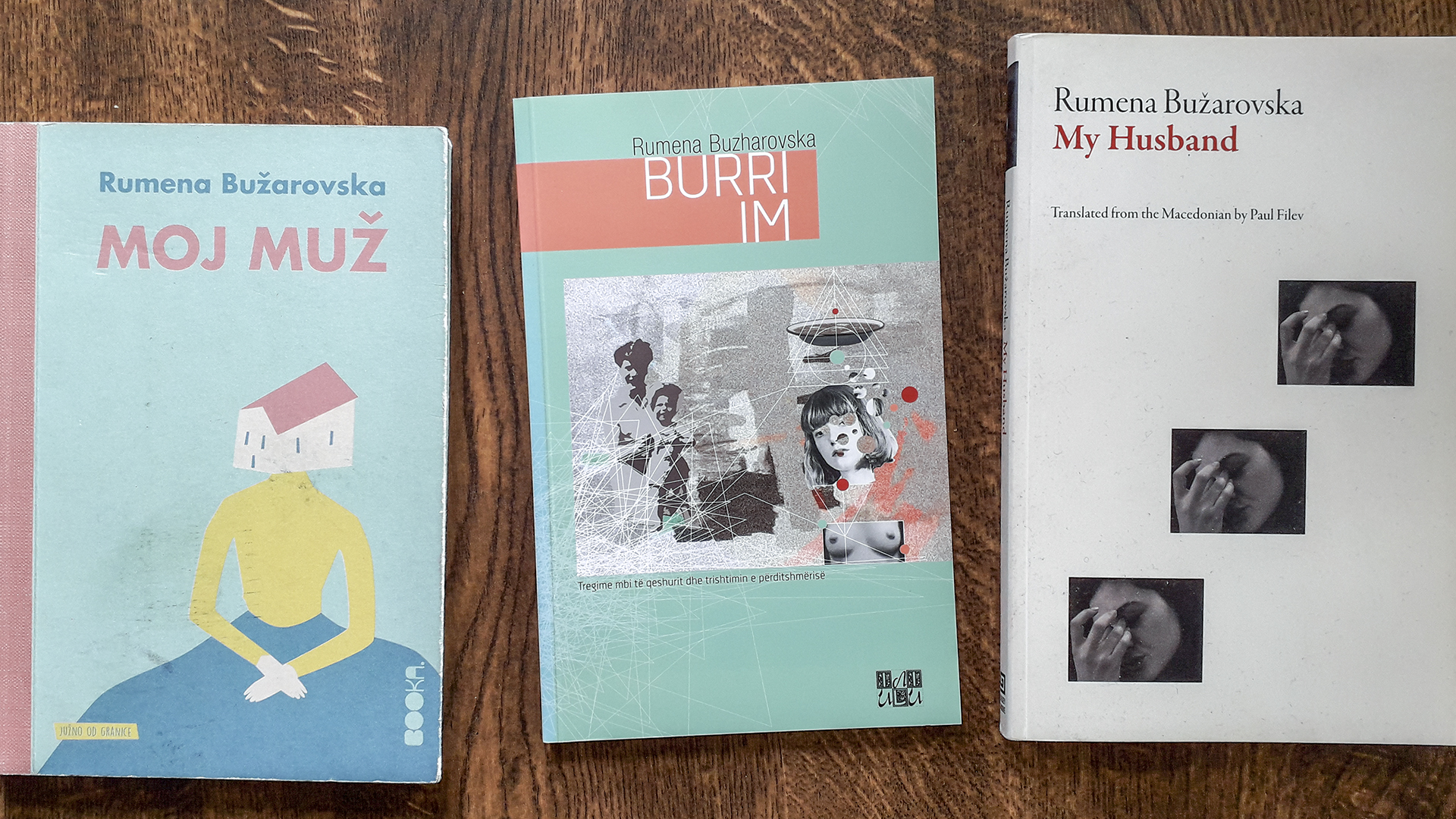
The truth will piss you off
Anti-Albanianism in the Macedonian literary scene.
This is what you have to do to be considered a “nice” Albanian. Not like those “others,” the ones who are “going too far.”
Albanophobia is so present in schools, the media, the street and the home that it has become normalized.
There is such a strong and sturdy wall between Albanians and Macedonians that literature is hardly the wrecking ball that will tear it down.

Rumena Bužarovska
Rumena Bužarovska (1981) is a fiction writer and literary translator from Skopje, North Macedonia. She has authored four volumes of short stories translated into several languages and is a professor of American literature and translation at the State University in Skopje.
DISCLAIMERThe views of the writer do not necessarily reflect the views of Kosovo 2.0.
This story was originally written in English.